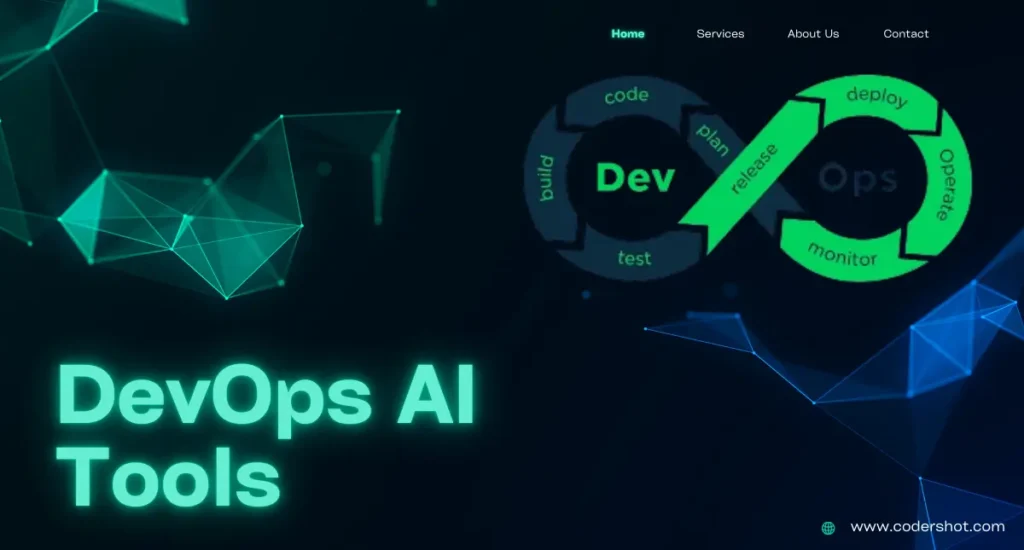NodeJS is a server-side runtime environment that is used to develop highly scalable web applications. It has gained immense popularity over the years due to its ability to build high-performance web applications that can handle a large number of requests. An Advanced NodeJS Developer is an experienced developer who possesses the necessary skills and expertise to build highly scalable web applications using NodeJS.

Table of Contents
ToggleEssential Skills of Advanced NodeJS Developer
An Advanced NodeJS Developer should have strong knowledge of JavaScript, as it is the primary language used in NodeJS. They should also have proficiency in Node.js core APIs, which are essential in building web applications. Knowledge of databases and data storage is also critical, as well as experience with RESTful APIs. Knowledge of web frameworks such as Express.js and Koa.js is also important. Additionally, an Advanced NodeJS Developer should be familiar with scalable web application architecture and understand real-time web technologies.
Best Practices for Building Scalable Web Applications
Building scalable web applications is a challenge, but there are some best practices that an Advanced NodeJS Developer can follow to overcome these challenges. An Advanced NodeJS Developer should utilize a microservices architecture, as it enables them to build complex applications by breaking them down into smaller, independent services. Horizontal scaling is also essential, as it allows applications to handle a large number of requests by adding more servers. Caching mechanisms, load balancing, and proper use of databases are also critical.
Common Challenges Faced by Advanced NodeJS Developers
Advanced NodeJS Developers face some common challenges when building scalable web applications. Handling concurrency is a challenge, as it requires a developer to write code that can handle multiple requests simultaneously. Debugging and error handling are also critical, as they can impact the performance of the application. Security concerns are also a challenge, as web applications are vulnerable to attacks. Performance tuning is also important, as it can improve the overall performance of the application.
Tools and Frameworks Used by Advanced NodeJS Developers
Advanced NodeJS Developers use a variety of tools and frameworks to build scalable web applications. PM2 is a process manager for NodeJS applications that allows developers to monitor and manage their applications easily. NPM is a package manager for NodeJS that makes it easy to install and manage third-party packages. Mocha and Chai are testing frameworks that help developers write unit and integration tests. Winston is a logging library that helps developers log events and errors in their applications. Redis is an in-memory data structure store that can be used as a database, cache, or message broker. Socket.IO is a real-time web socket library that enables real-time communication between the server and the client.
Tips for Becoming an Advanced NodeJS Developer
Becoming an Advanced NodeJS Developer requires dedication and hard work. It is essential to practice coding regularly and stay up to date with the latest trends and best practices. Contributing to open-source projects can also help a developer gain experience and build a portfolio. Attending tech conferences and meetups is also an excellent way to network with other developers and learn new skills. Finally, collaborating with other developers on projects can help a developer learn from others and improve their skills.
Conclusion
In conclusion, an Advanced NodeJS Developer is a crucial part of any team building scalable web applications. They possess the necessary skills and expertise to build high-performance web applications that can handle a large number of requests. By following best practices and using the right tools and frameworks, they can overcome the challenges of building scalable web applications. With the growing demand for web applications, there is tremendous potential for career growth for Advanced NodeJS Developers.
Read also:- React Web Development: A Beginner’s Guide [2023]
FAQs
What is NodeJS, and why is it essential for web development?
NodeJS is an open-source JavaScript runtime built on Google Chrome’s V8 JavaScript engine. It allows developers to run JavaScript code outside of a web browser, making it a popular choice for building server-side applications.
One of the main reasons NodeJS is essential for web development is its ability to handle large amounts of data in real-time. This is made possible through NodeJS’s event-driven, non-blocking I/O model, which allows for faster, more efficient processing of data.
NodeJS also has a large and active community of developers and a vast collection of third-party modules, making it easy for developers to add additional functionality to their applications.
Another advantage of NodeJS is its cross-platform compatibility, meaning it can be used on multiple operating systems. This makes it a versatile tool for web development and can save developers time and resources.
What is NodeJS, and why is it essential for web development?
An advanced NodeJS developer should have a strong foundation in JavaScript programming and knowledge of NodeJS-specific concepts, such as event-driven programming and asynchronous I/O.
In addition, they should have a good understanding of web development concepts, such as HTTP protocol, web servers, and APIs. They should also be proficient in using NodeJS modules and be able to develop custom modules.
How can an Advanced NodeJS Developer overcome the challenges of building scalable web applications?
Ways for advanced NodeJS developers to overcome web application scalability challenges: load balancer, caching, optimized database queries, message queue, horizontal scaling, CDN, serverless.
What are some of the tools and frameworks used by Advanced NodeJS Developers?
Advanced NodeJS developers use Express.js, Koa.js, Nest.js, GraphQL, Socket.io, PM2, Winston, Mongoose, Puppeteer, and Nodemailer to build scalable, high-performance applications. These tools and frameworks offer features such as web application development, real-time communication, process management, logging, data modeling, and email sending.
How can I become an Advanced NodeJS Developer, and what are some resources I can use to learn more?
To become an Advanced NodeJS Developer, you can start by mastering the fundamentals, then explore advanced topics and best practices. Some resources to learn more are Node.js documentation, online courses, and community forums.








